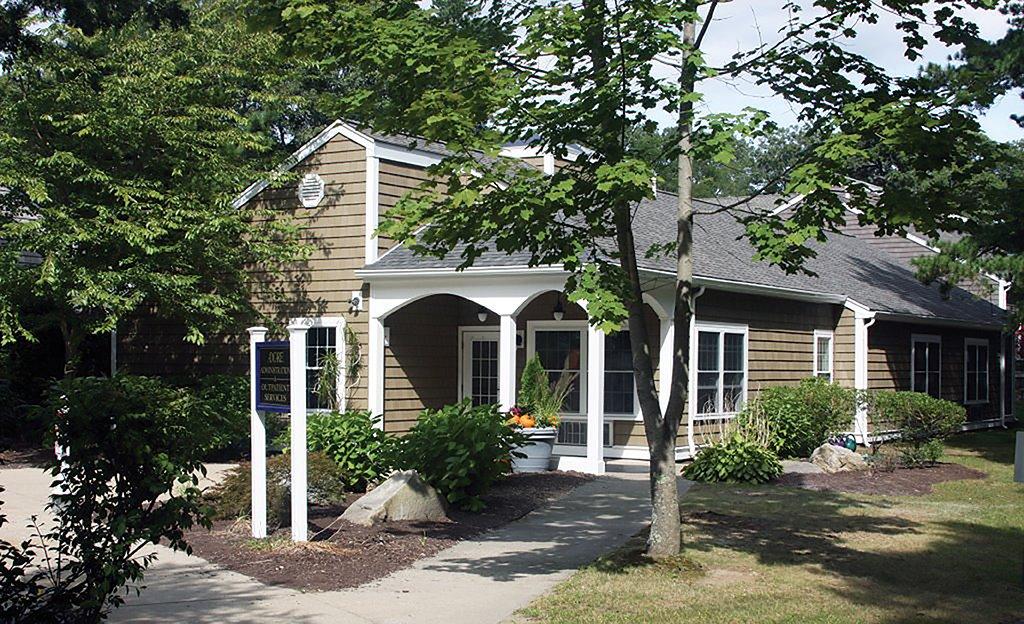
AdCare Rhode Island: North Kingstown, RI
AdCare Rhode Island is an inpatient facility that believes that recovery will often take different forms for different people. From day one, patients are given unique treatment plans tailored to their needs. A trusted community provider of addiction treatment, AdCare offers the highest-quality addiction and co-occurring disorder care in 2 facilities (1 inpatient, 1 outpatient) in Rhode Island.

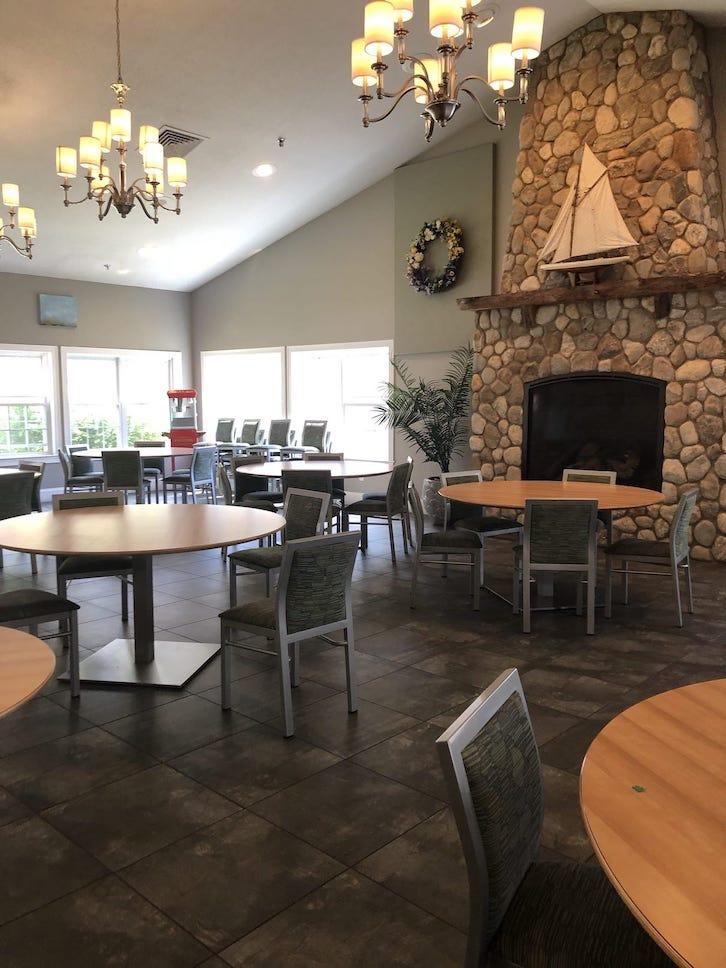
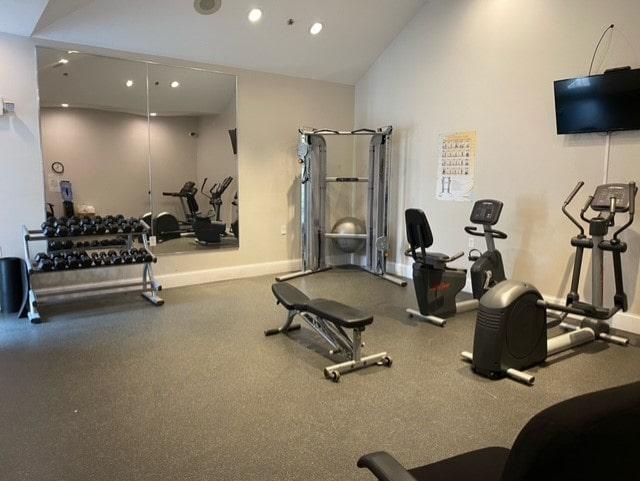
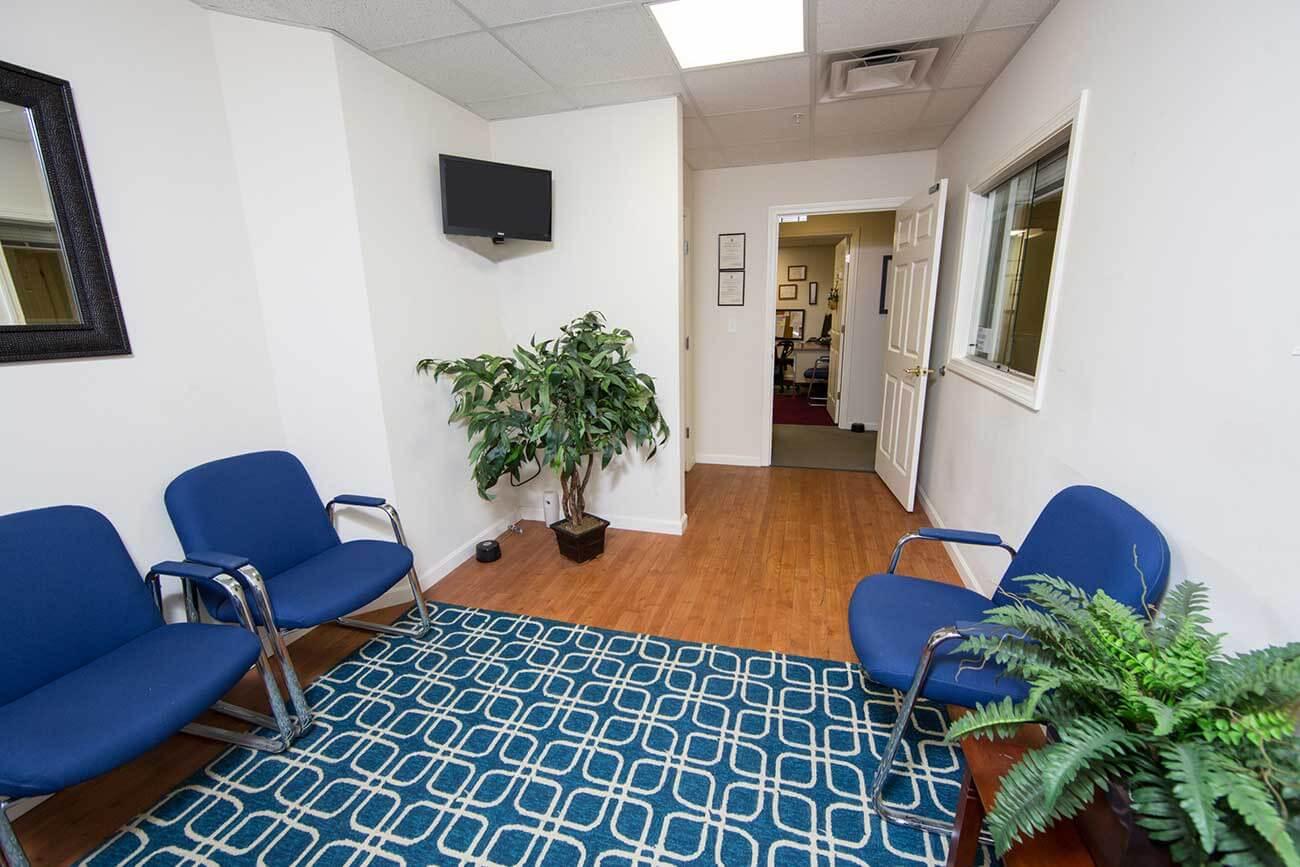
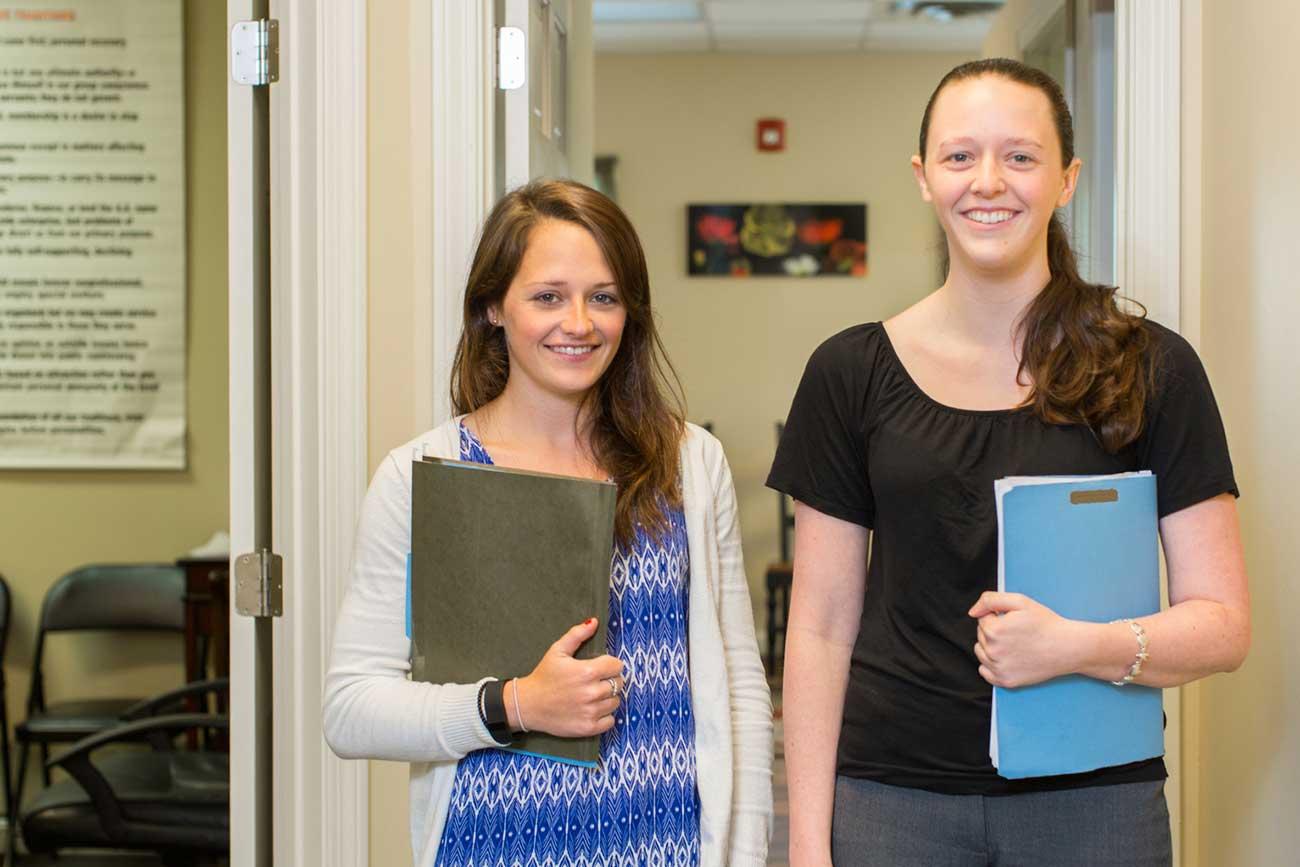
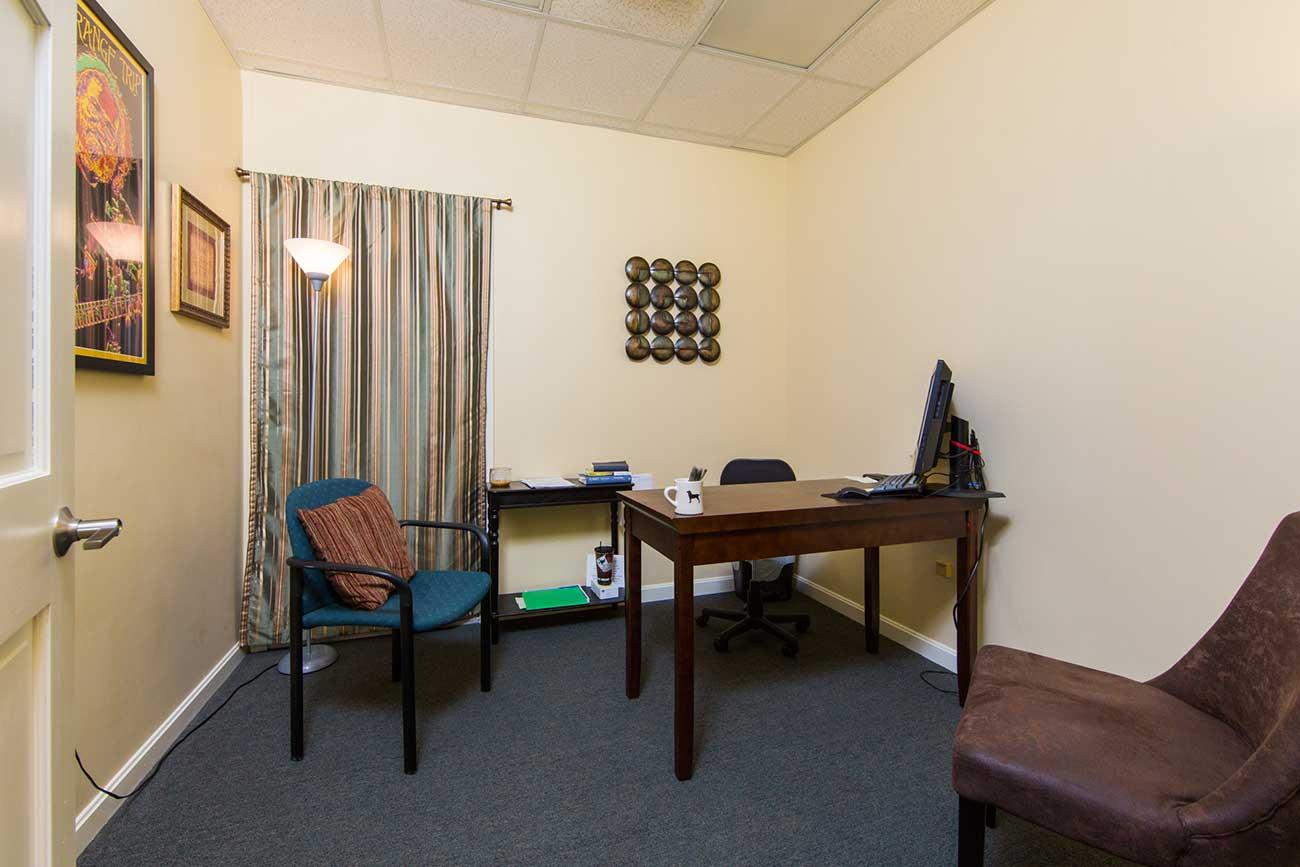
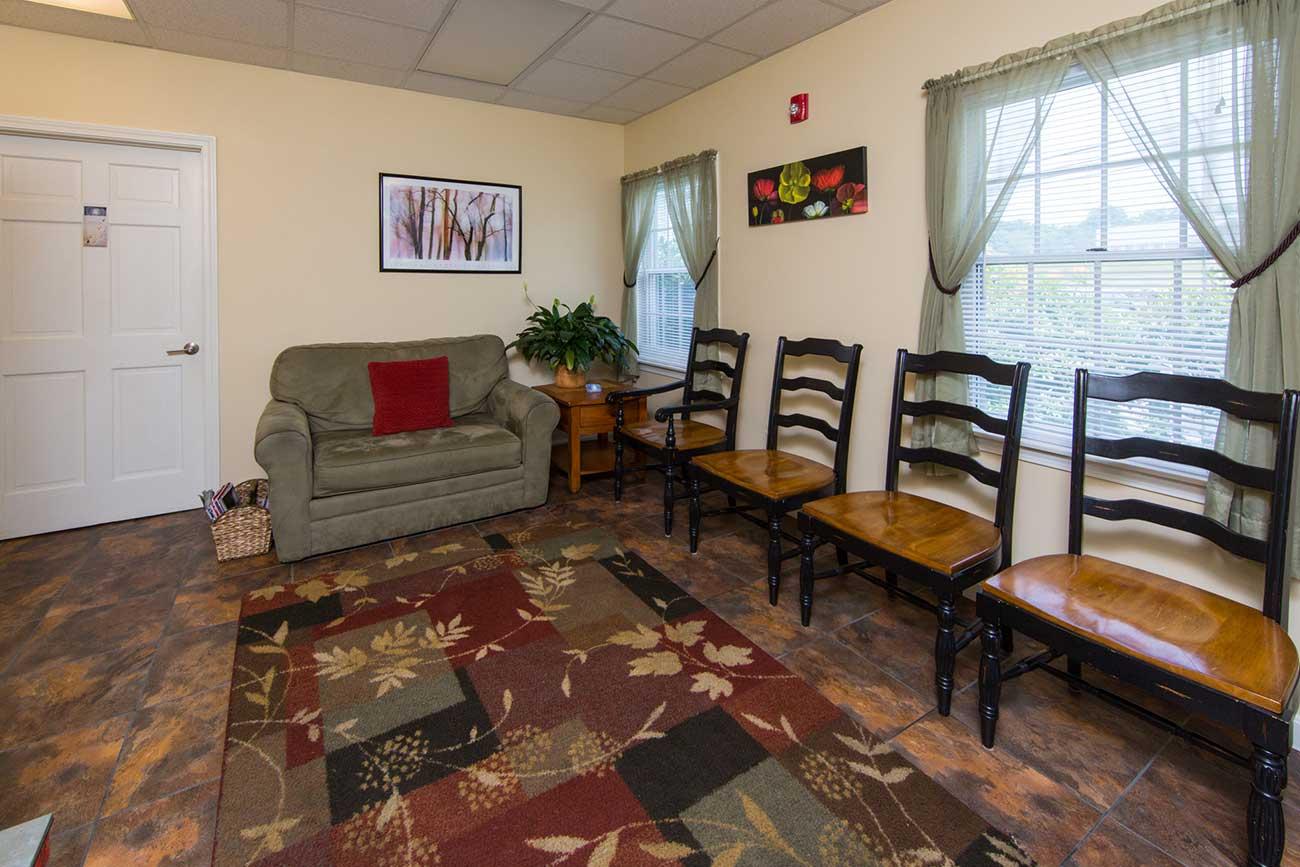
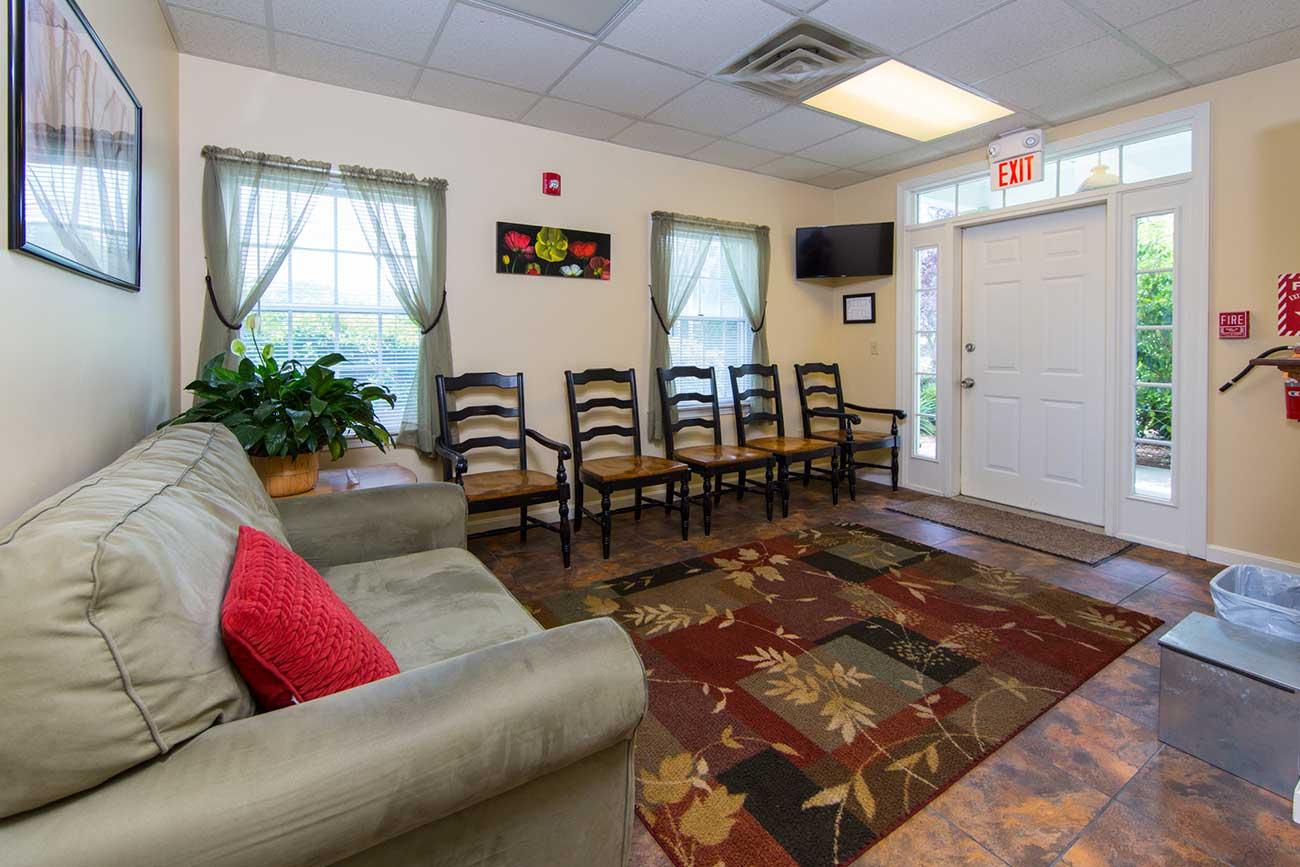
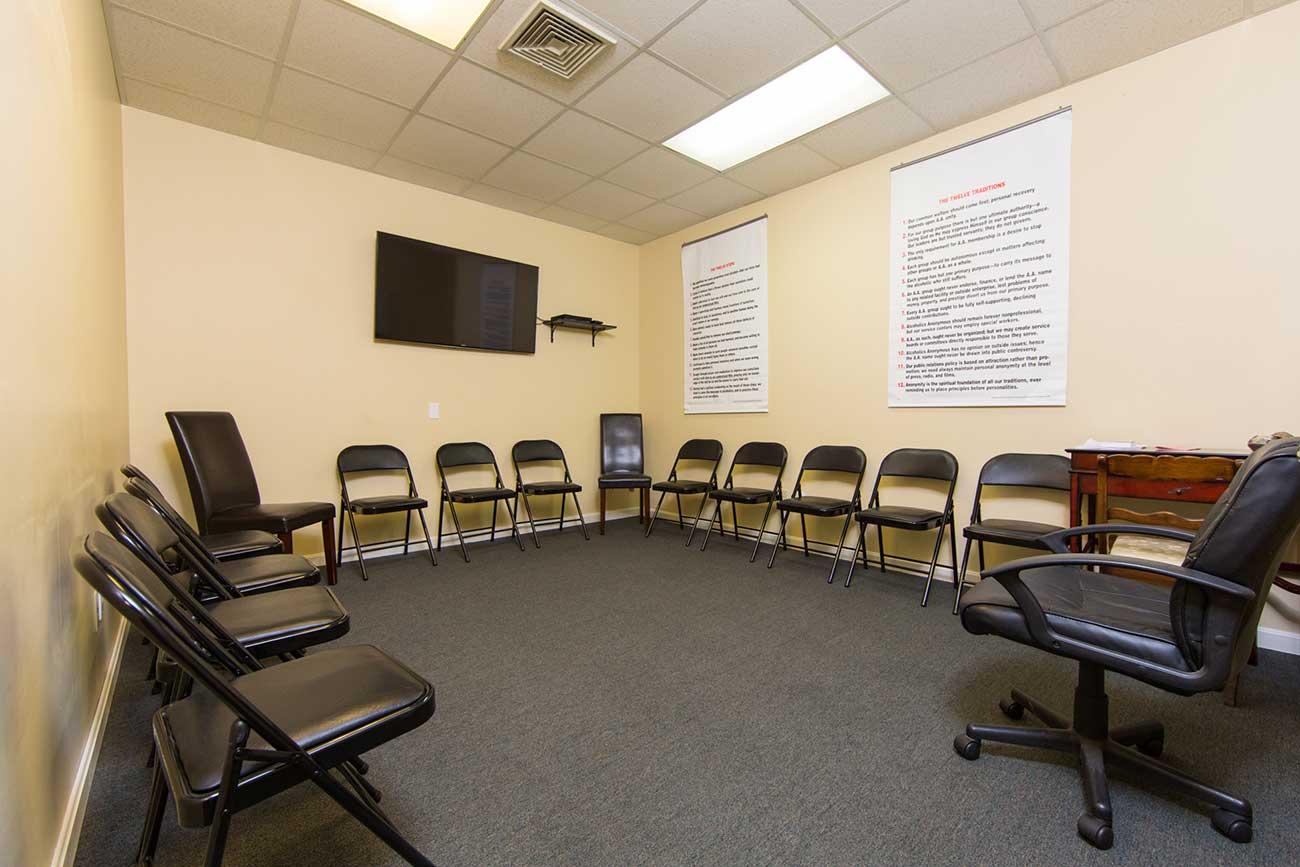
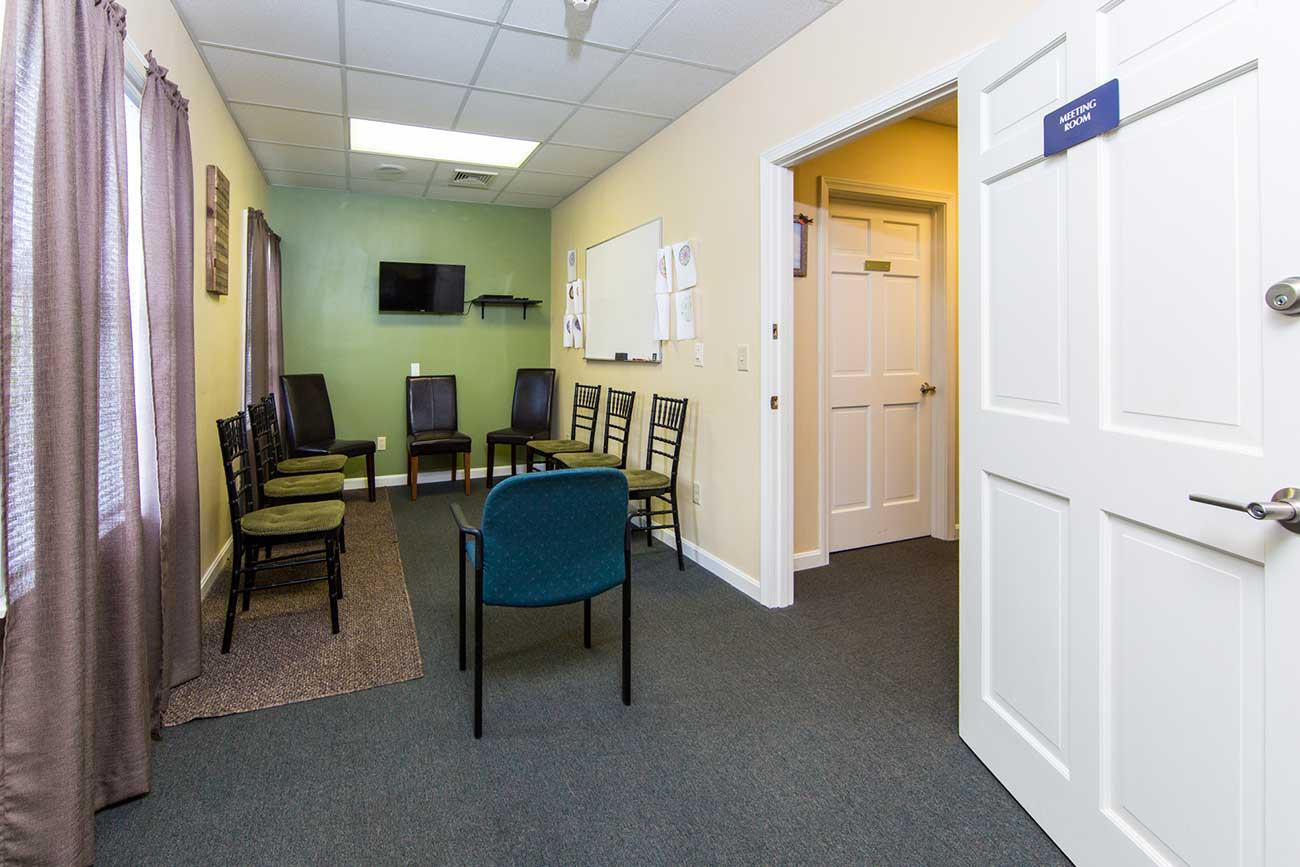
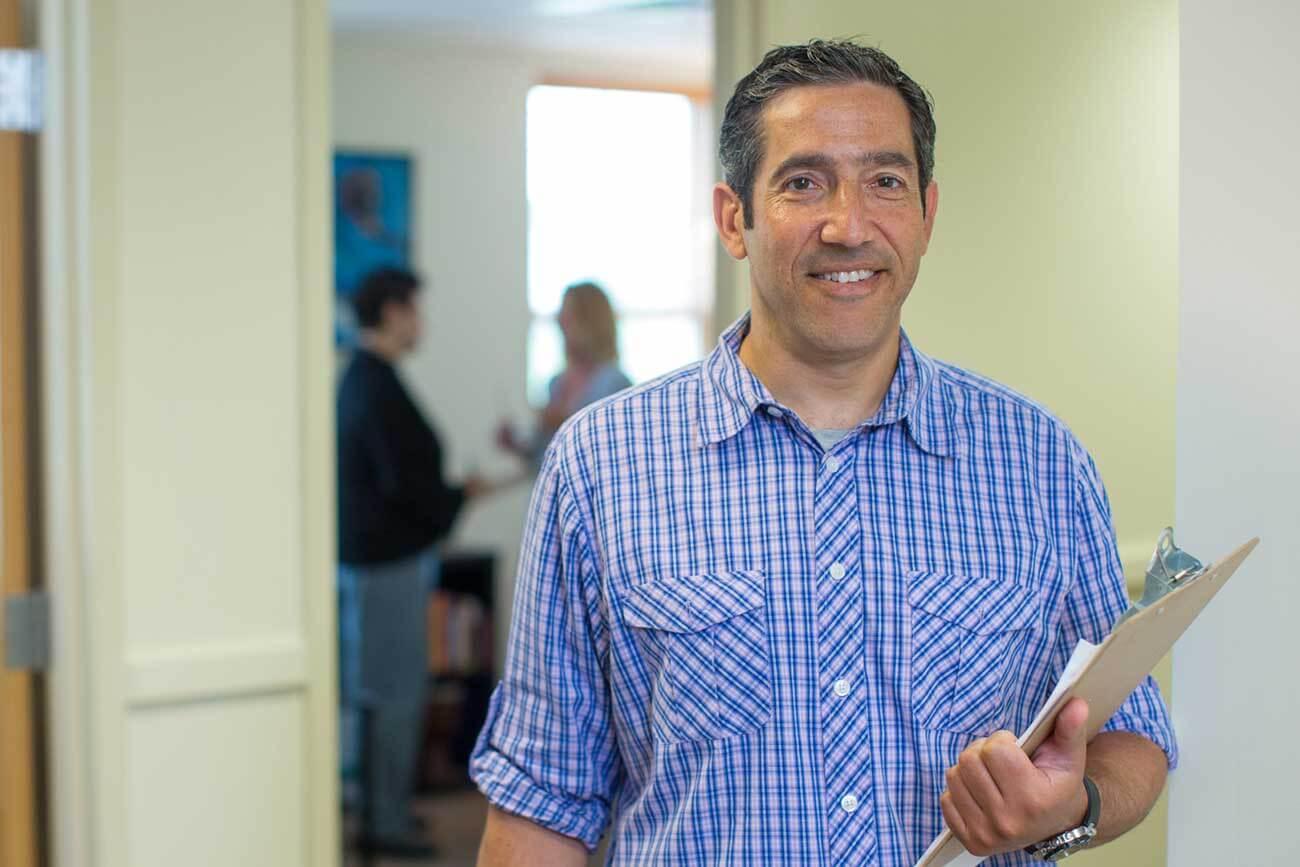
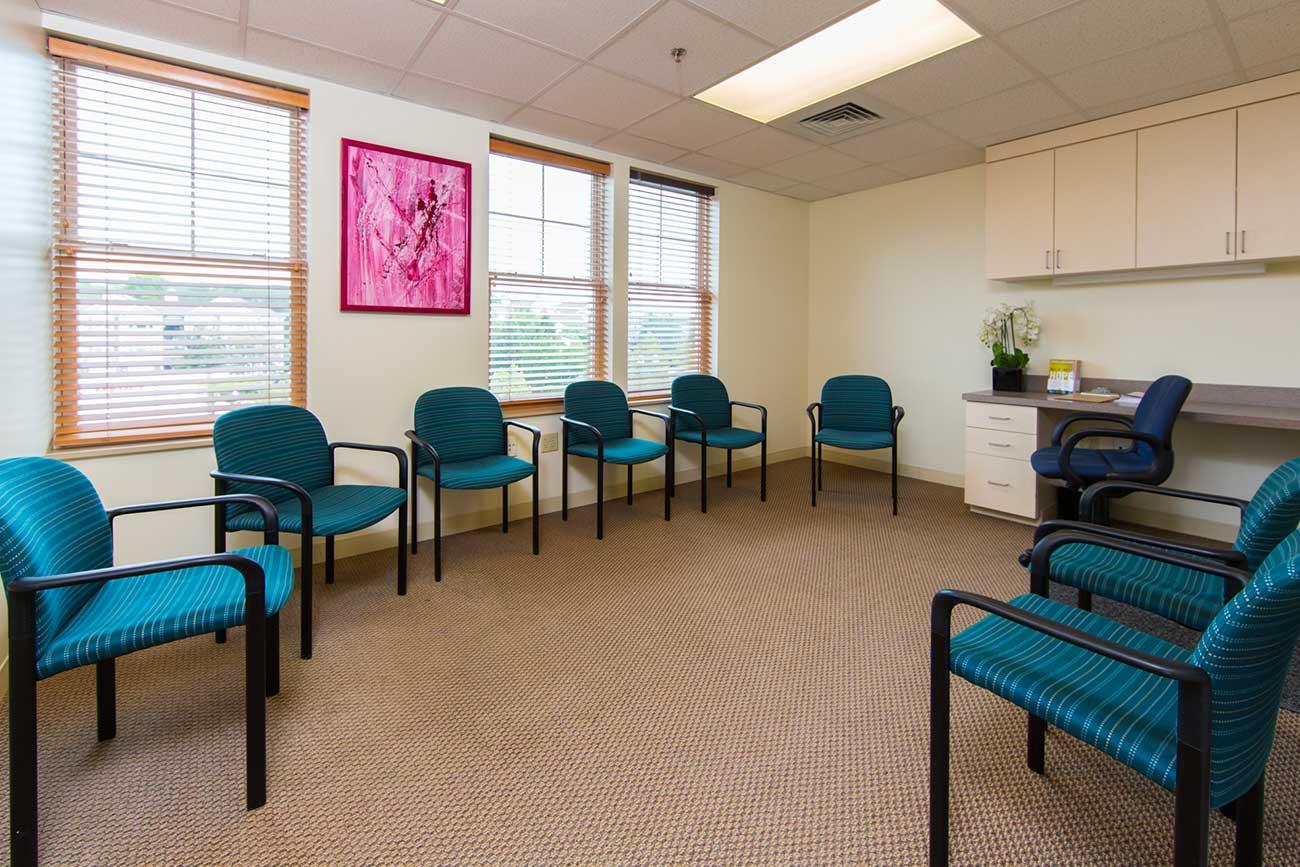
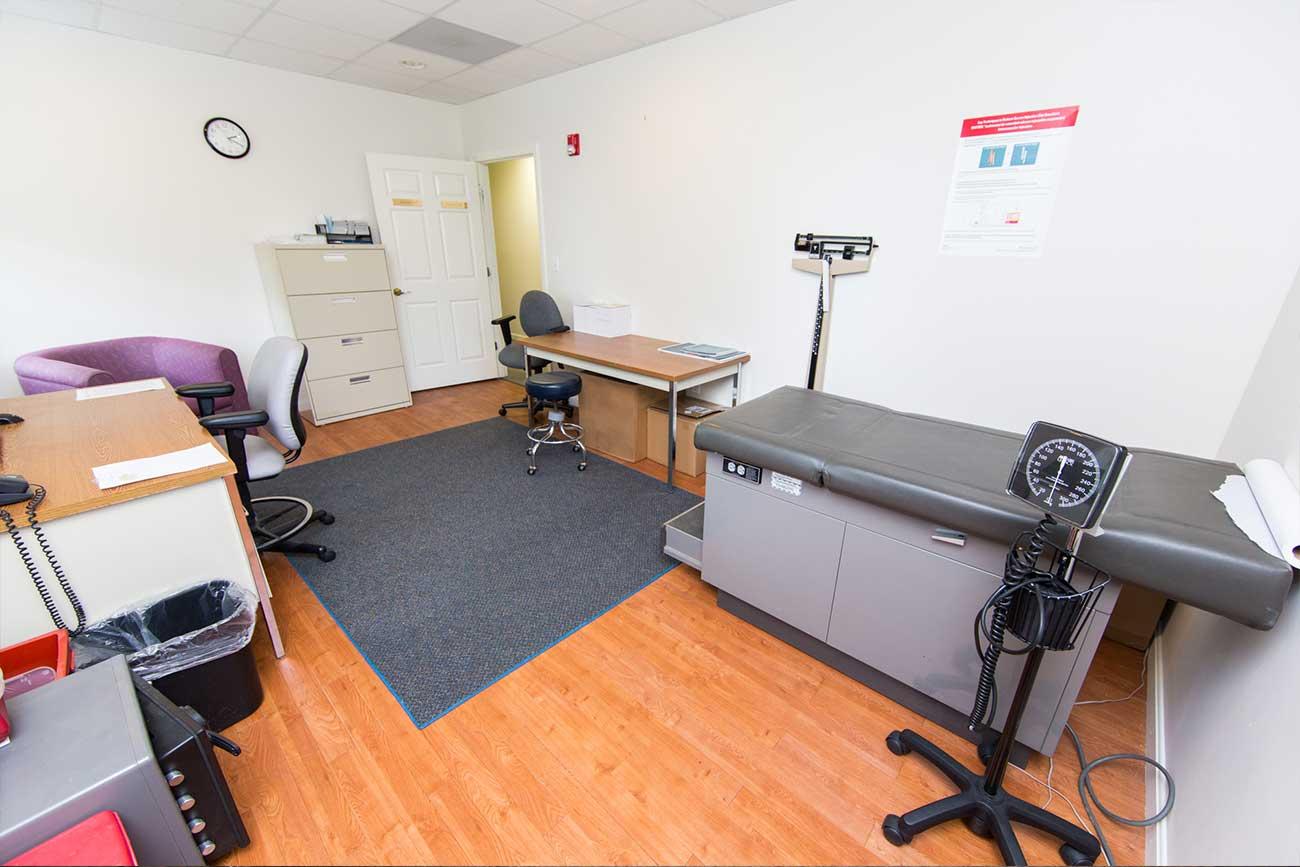
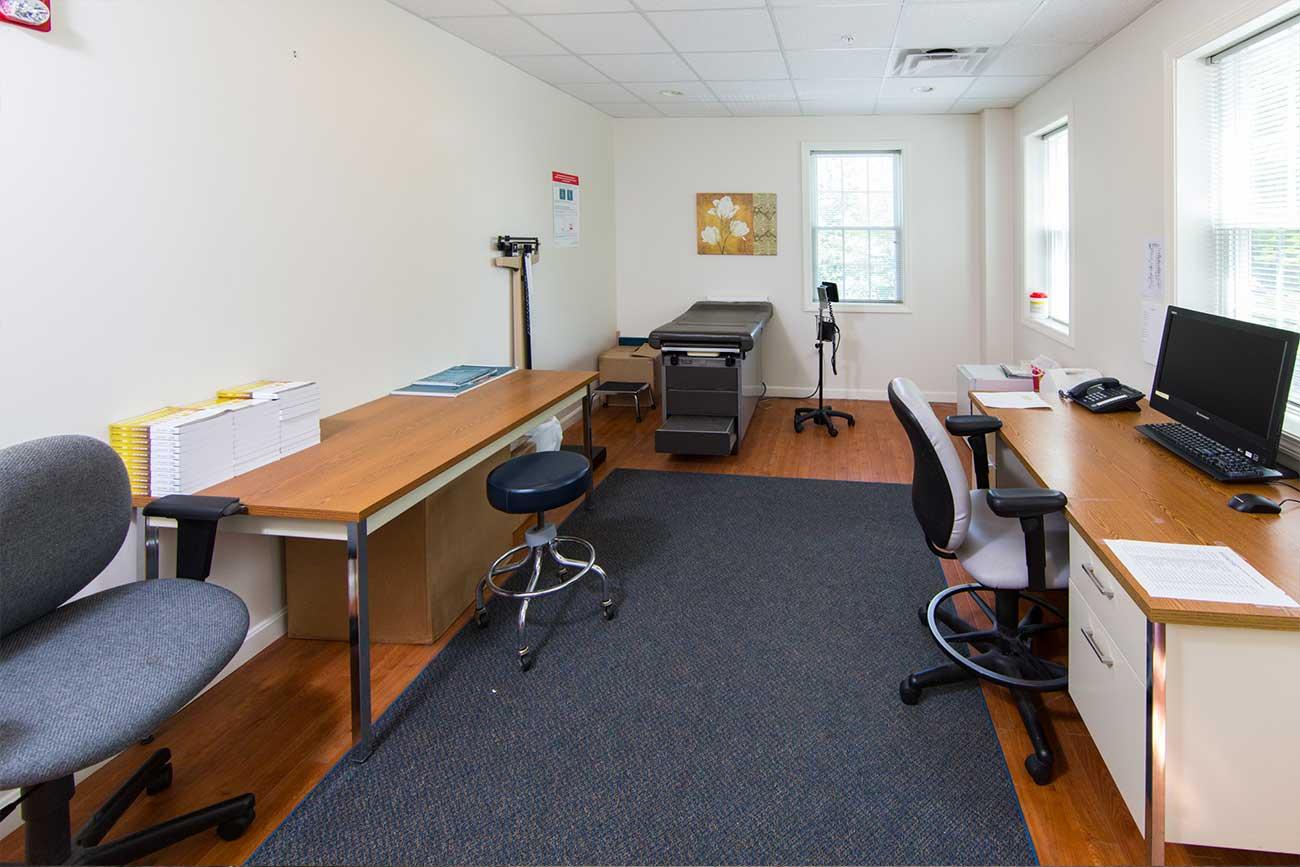
Why Choose AdCare Rhode Island?
AdCare facilities operate throughout Rhode Island and Massachusetts, providing a full continuum of evidence-based treatment as well as alternative therapies and recreational activities. With Rhode Island locations in North Kingstown and Warwick, our experienced staff is equipped to ensure you or your loved one’s addiction treatment is as safe and comfortable as possible.
AAC accepts many insurance plans and can work with you on a manageable payment plan.
Does Insurance Cover Drug and Alcohol Rehab in Rhode Island?
Yes, insurance covers drug and alcohol rehab in Rhode Island. However, insurance coverage for addiction treatment varies. Your plan may cover some services, like detox or therapy, more than others. Be sure to check your plan for details about coverage for specific treatments like detox, therapy, and inpatient or outpatient programs, as well as any limitations on duration or location.
Can I Go to Drug Rehab in Rhode Island Without Insurance?
Yes, you can go to drug rehab in Rhode Island without insurance. While having insurance can certainly help with costs, there are several options available for people who are underinsured or do not have insurance. These include:
- State-funded programs.
- Sliding scale fees.
- Payment plans.
Facility Highlights
AdCare Rhode Island’s inpatient facility treats all patients from an individualized perspective. At AdCare RI, we design a treatment plan that’s tailored to you and the unique conditions or challenges that accompany your substance use. Here, you’ll have the option to participate in a variety of specialized therapeutic interventions meant to help you heal from the disease of addiction and build a new life.
What We Treat
We regularly treat disorders related to the following substances:
- Alcohol.
- Heroin.
- Fentanyl.
- Opioids.
- Marijuana.
- Methamphetamine.
- Cocaine.
- Benzodiazepines.
- Prescription stimulants.
- Sleep aids/sedatives.
- Other substances.*
*We provide treatment for almost all substance use disorders. If you don’t see a particular substance listed here, contact our admissions navigators to confirm treatment availability.
Call
An Average Day in Rehab
Once you complete the detox process*, your typical day in treatment will revolve around groups and classes.
Treatment will vary according to the patient and the day, but the following is a sample of a typical schedule:
- 7:30: Breakfast
- 8:45 am: Process group
- 10:15: Psychoeducational group
- 9 am–11:40 am: Groups
- 11:45: Lunch/free time
- 1:00 pm: Focus group
- 2:15 pm: Recreation/gym time
- 3:00 pm: Psychoeducational group
- 4:30 pm: Dinner
- 7:00 pm: Recovery group
- 8:15 pm: Self-reflection & recovery assignments
- 11:00 pm: Lights out
*Some programming may occur during detox.
Family Visits
Programming
AdCare Rhode Island offers evidence-based therapeutic care in both inpatient and outpatient settings. Therapies offered include cognitive-behavioral therapy and motivational interviewing, among others. AdCare RI also offers medications for addiction treatment, including methadone. when appropriate for the patient. Specialized programming is offered for Veterans and first responders, and ADC RI is a VA-approved community care provider.
Visiting Your Loved One
AdCare Rhode Island strongly encourages patients’ families and loved ones to be as involved as possible. If they want a family therapy session, they are encouraged to call ahead of time so that the clinicians can allot time to meet with the patient and their family/loved ones. During your loved one’s treatment, we can work with you to plan a visit. Your loved one’s treatment team will provide you with all of the information you need to schedule your visit. Family education is also available virtually, with a virtual event on the last Wednesday of every month.
Accreditations
The Joint Commission for Behavioral Health Care
AdCare Rhode Island is accredited by The Joint Commission for Behavioral Health Care, an internationally-recognized symbol of healthcare quality and the gold standard of care for the industry. This accreditation signifies that, through external, unbiased evaluation, we have met or exceeded The Joint Commission’s standards for providing addiction treatment for all of the levels of care offered at AdCare RI, including high acuity medical detox.
Our Admissions Process
When you call our helpline, a dedicated admissions navigator is available 24/7 to guide you through our facility’s admissions process. They will take the time to listen to your story with compassion—many of them are in recovery themselves and truly understand what you’re going through. They will walk you through each step, answer any questions, and assist with insurance verification and payment options to ensure you can access the care you need.
Call to speak with an admissions team member .
In the event of a relapse at any time post-treatment, we will provide qualified individuals with up to 30 days of treatment at no cost to you.*
*Terms and conditions may apply, and results may vary.
Learn More About Our Brand Promise